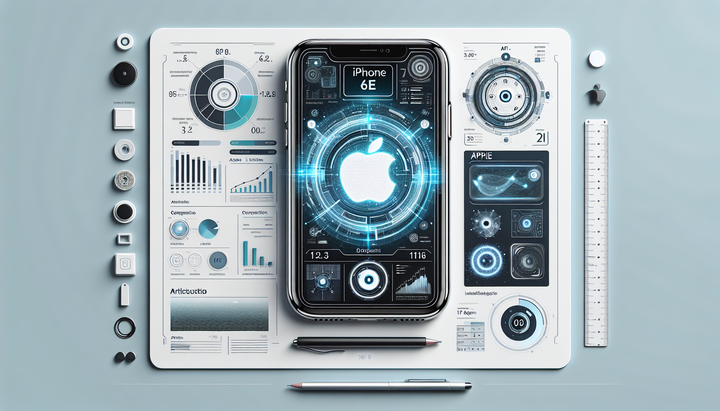Understanding Auditory Processing Disorder: Why You Might Need Subtitles Despite Having Good Hearing

Unveiling the Mystery behind Using Subtitles Despite Good hearing
If you're someone who has difficulty following TV shows without subtitles, even though your hearing is perfectly fine, experts have an explanation for you. You may be suffering from a common yet little-known condition called Auditory Processing Disorder (APD). This condition can make it challenging to process conversations in noisy environments.
What is Auditory Processing Disorder?
APD is a hearing issue that affects millions around the world. It is not linked with the ability to hear, but rather the ability to interpret or understand sounds. In essence, it's like the brain is not fully in sync with the sounds that the ears are hearing. As a result, people with APD may struggle to comprehend dialogue in a noisy area or find it hard to concentrate on one conversation amidst several.
Signs and Symptoms of APD
Some important signs to look out for if you suspect you might have APD include having difficulty hearing in noisy environments, finding it hard to follow complex auditory directions or instructions, getting easily distracted or bothered by loud or sudden noises, and frequently misunderstanding and asking people to repeat what they've said. The primary symptom, however, is the struggle to follow spoken words without the aid of visual reinforcement such as subtitles.
Managing Auditory Processing Disorder
The good news is that there are strategies and tools available to manage and minimize the effects of APD. These include noise-cancelling headphones or devices, auditory trainers, and several environmental modifications. Speak to an audiologist if you suspect that you might be suffering from APD.



Comments ()